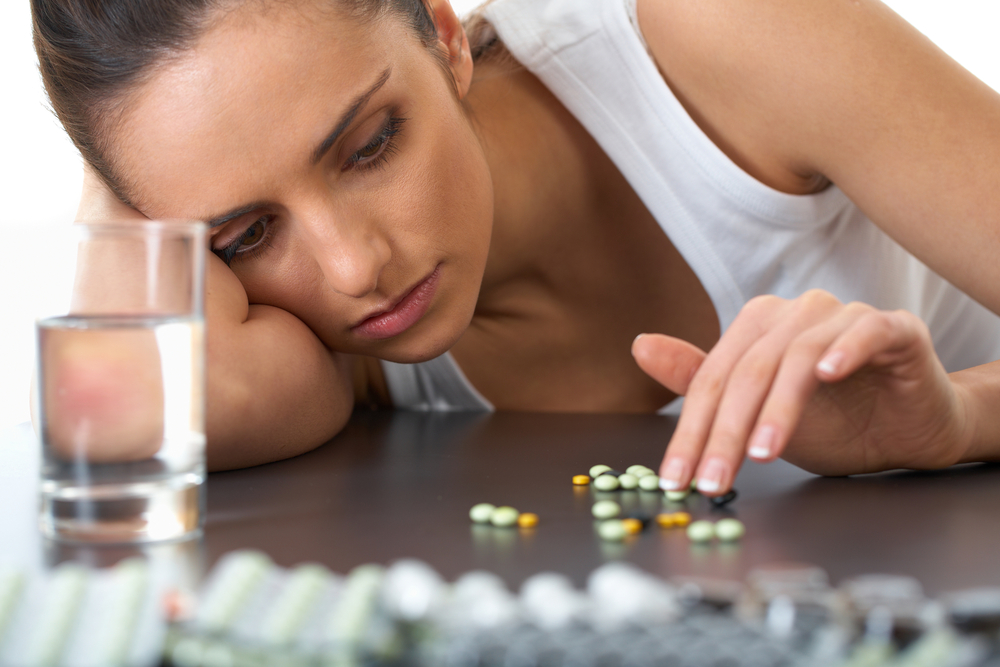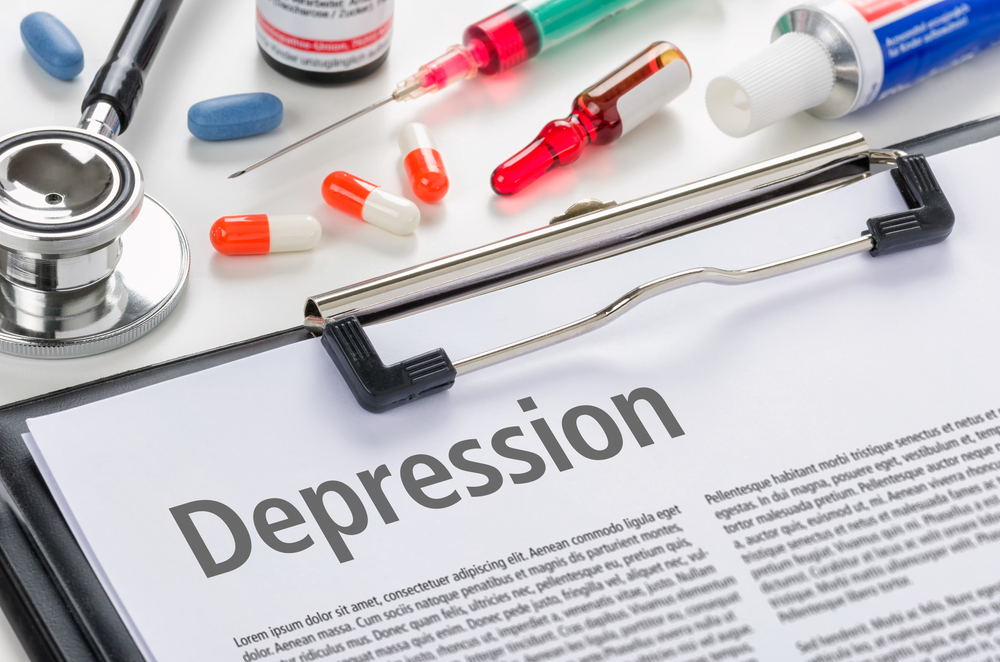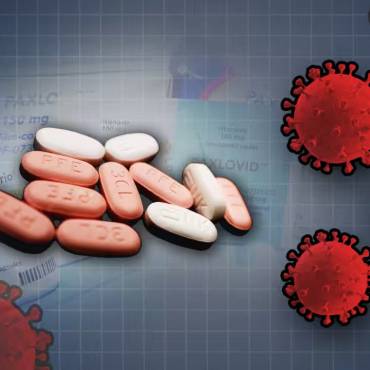Depression treatment can be done with medicine and counseling. Sometimes both are used in combination. Your physician will find out what will work best for you. Losing a dear one, going through a divorce, getting fired from a job, getting failed in exams, and other difficult situations can lead an individual to feel scared, sad, anxious, or lonely. We all experience sadness at some point in our life, its a normal reaction to difficult times in life and these feelings tend to pass rather quickly. We often heard people saying ‘I feel depressed’ when they are feeling sad about life. Usually, this feeling passes with a little time. But, if it interferes with your daily routine and normal functioning, it can cause pain for you and everyone in your family or friends who cares about you.  Depression is a common problem, but a very serious one. It is defined as feelings of being sad, irritable, discouraged, unmotivated, hopeless, guilty, weak, as well as the lack of interest in life. When all these feelings last for more than 14 days and interfere with daily activities, then it is likely to be called as a depressive disorder. It is a real illness. You cannot snap out of depression. Most people require depression treatment to get better. Also Read: Wished there were just 10 steps to stay fit? Factors that play a significant role in the Depression There are some factors that play an important role in depression, including brain biology, genetics, chemistry, and life events such as an early childhood experience loss of a loved one, complicated relationship, or any difficult situation. Depression can develop at any age but mostly starts in the teens or early 20s or at 20s. Most depressive disorders in adults start as high levels of anxiety in children. This high level of anxiety in childhood could mean a higher risk of depression in adults. Other serious medical illness such as cardiovascular disease, Parkinson’s disease, cancer, and diabetes may also contribute to depression. Your depressive disorder can make these health conditions worse. Sometimes, medications used to treat these complicated health issues may also cause adverse effects that give rise to depression. A specialist experienced in treating these chronic diseases can help you come out of the depression problem. Signs and symptoms of depression It is not necessary that everyone who is suffering from depression feel sad. Sadness is only a small part of a depressive disorder. The condition has many other symptoms, including physical ones. If you experience any of the following symptoms for at least 14 days, then you may be suffering from depression.
Depression is a common problem, but a very serious one. It is defined as feelings of being sad, irritable, discouraged, unmotivated, hopeless, guilty, weak, as well as the lack of interest in life. When all these feelings last for more than 14 days and interfere with daily activities, then it is likely to be called as a depressive disorder. It is a real illness. You cannot snap out of depression. Most people require depression treatment to get better. Also Read: Wished there were just 10 steps to stay fit? Factors that play a significant role in the Depression There are some factors that play an important role in depression, including brain biology, genetics, chemistry, and life events such as an early childhood experience loss of a loved one, complicated relationship, or any difficult situation. Depression can develop at any age but mostly starts in the teens or early 20s or at 20s. Most depressive disorders in adults start as high levels of anxiety in children. This high level of anxiety in childhood could mean a higher risk of depression in adults. Other serious medical illness such as cardiovascular disease, Parkinson’s disease, cancer, and diabetes may also contribute to depression. Your depressive disorder can make these health conditions worse. Sometimes, medications used to treat these complicated health issues may also cause adverse effects that give rise to depression. A specialist experienced in treating these chronic diseases can help you come out of the depression problem. Signs and symptoms of depression It is not necessary that everyone who is suffering from depression feel sad. Sadness is only a small part of a depressive disorder. The condition has many other symptoms, including physical ones. If you experience any of the following symptoms for at least 14 days, then you may be suffering from depression.
- Feelings of hopelessness
- Decreased energy
- Persistent sad or empty mood
- Loss of interest and pleasure in hobbies, and other activities of life
- Difficulty concentrating
- Feeling of guilt, helplessness, and worthlessness
- Trouble remembering and making decisions
- Persistent physical symptoms
- Suicidal thoughts and suicidal attempts
- Appetite and weight changes
- Irritability/restlessness
- Sleeping problems, oversleeping, or early morning awakening
Depression treatment Depression can be treated successfully when an individual receives competent care. The psychiatrists are well trained mental health care professionals with years of studying depression and helping people recover from it. Depression can be treated with medications, talk therapy, or a combination of two. Medications are helpful in reducing depression symptoms in a population where the problem is severe. Most specialists treat depression by using a combination of medications and psychotherapy. Close monitoring is required if any side effect appears. There are different kinds of medicines available to treat depression:
- Tricyclic antidepressants
- Selective serotonin reuptake inhibitors
- Atypical antidepressants
- Monoamine Oxidase Inhibitors
- Selective Serotonin and Norepinephrine Reuptake Inhibitors
Make sure that you tell your doctor about all the medicines that you are taking. Some drug will make you very sick if you consume them during the treatment with antidepressants. These medicines can increase the risk that children and adolescents may think about to kill themselves. It is important to inform your doctor right away if you observe any of these changes in yourself or someone else taking antidepressants.
- Have panic attacks
- Feel irritable
- Insomnia
- Act angry, violent, or aggressive
- Feel anxious
- Feel restless
- Think about dying
- Changes behavior
- Talk more or become more active than before
- Try to kill yourself
- Suicidal attempts
- Act on dangerous impulses
Also Read: 5 Health Tips For Men Above 30 Like other medications, depression medicines may also cause adverse reactions. Do not stop the treatment without checking with your doctor. It is advised to inform your doctor about any problems you are having. Your physician will help you find the depression medication that is best for you. Psychotherapy is considered as a first line treatment for, especially children and adolescents. It is recommended for those with mild to moderate depression. Additionally. Mostly adult patients prefer psychotherapy instead of the use of medications if their depression is not severe.



